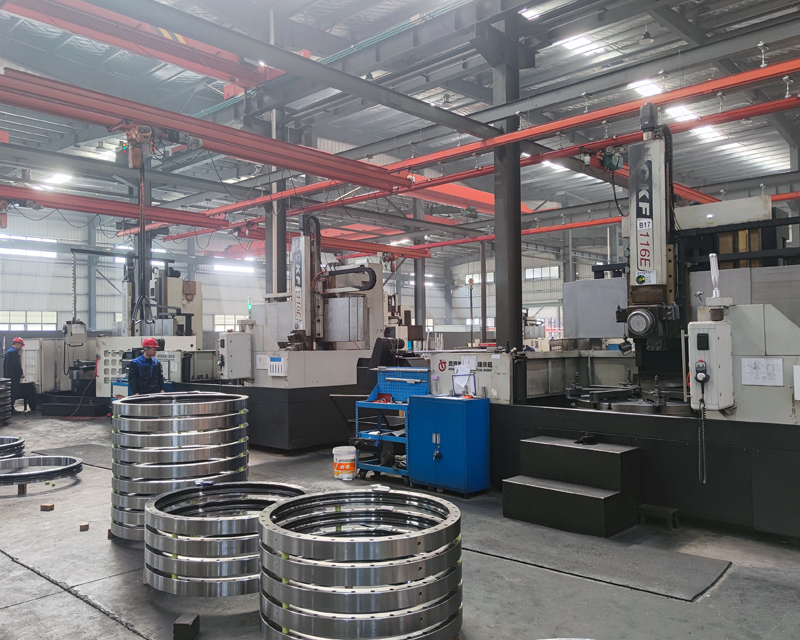
Excavators are vital machines in the construction and mining industries, designed to handle heavy loads and operate under tough conditions. However, when an excavator emits black smoke while working hard, it indicates underlying problems that can compromise its performance and longevity. Black smoke usually signals incomplete combustion, often due to issues with the fuel system, air intake, or engine components. This blog will explore the potential causes of black smoke emissions from excavators, provide detailed solutions, and emphasize the importance of regular maintenance to prevent such issues.
One of the primary reasons for black smoke emissions is an overly rich combustible mixture. This condition occurs when there is too much fuel and not enough air in the mixture, leading to incomplete combustion.
Solution: Start by inspecting the carburetor and air filter. The carburetor controls the mixture of fuel and air that enters the engine. If it is malfunctioning, it can lead to an incorrect fuel-to-air ratio. Clean or replace the air filter if it is clogged, as this can restrict airflow and contribute to a rich mixture. Regular maintenance of these components ensures optimal fuel combustion and reduces the likelihood of black smoke emissions.
Using the wrong oil mixture or poor-quality engine oil can also result in black smoke. In two-stroke engines, an incorrect ratio of mixed oil and engine oil can prevent the fuel from burning completely, causing black smoke.

Solution: Ensure that the oil mixture ratio is correct and use high-quality engine oil recommended by the manufacturer. For two-stroke engines with separated lubrication, check and adjust the oil pump to ensure it supplies the correct amount of oil. Using the right oil and maintaining the correct mixture ratio are crucial for efficient combustion and preventing black smoke.
Excessive engine wear or damage can lead to oil leaking into the combustion chamber, resulting in black smoke. Worn or broken engine components, such as the crankshaft oil seal, can allow oil to enter the combustion chamber and mix with the fuel.
Solution: Inspect the engine for excessive wear or damage. Check the crankshaft oil seal and replace it if necessary. Ensure that the oil level in the crankcase is correct and that there is no oil contamination. Regular engine maintenance and timely replacement of worn components can prevent oil leaks and subsequent black smoke emissions.
Water in the fuel can cause incomplete combustion, leading to black smoke. This can occur if the fuel tank contains water or if the cylinder gasket in a water-cooled engine is damaged, allowing water to enter the combustion chamber.
Solution: Clean the fuel tank and replace the fuel if it is contaminated with water. Inspect the cylinder gasket and replace it if it is damaged. Regularly check the fuel for contamination and ensure that the fuel tank is properly sealed to prevent water ingress. Proper fuel management and maintenance can prevent water contamination and its adverse effects on combustion.

Black smoke is often a result of incomplete fuel combustion in the combustion chamber, especially under high load conditions. High temperatures and lack of oxygen can prevent diesel fuel from burning completely, leading to soot formation.
Solution: To address incomplete combustion, ensure that the fuel injection system is functioning correctly. Check the fuel injectors for blockages or damage and clean or replace them if necessary. Ensure that the air intake system is providing sufficient oxygen for combustion. Regularly clean or replace air filters and check for any obstructions in the intake system. Proper maintenance of the fuel injection and air intake systems is essential for efficient combustion and reducing black smoke emissions.
Black smoke emissions from an excavator indicate serious issues that can compromise its performance and longevity. Addressing these issues promptly through regular maintenance and timely repairs is crucial for preventing further damage and ensuring the excavator operates efficiently. By understanding the potential causes of black smoke and implementing the appropriate solutions, operators can maintain their equipment in optimal condition, reducing downtime and operational costs.
Q1: What should I check first if my excavator emits black smoke?
A1: Start by inspecting the carburetor and air filter. Ensure that the air filter is clean and the carburetor is functioning correctly to maintain the proper fuel-to-air ratio.
Q2: How can oil quality affect black smoke emissions?
A2: Using the wrong oil mixture or poor-quality engine oil can prevent complete combustion, leading to black smoke. Ensure that the oil mixture ratio is correct and use high-quality engine oil recommended by the manufacturer.
Q3: What are the signs of engine wear that can cause black smoke?
A3: Signs of engine wear include excessive oil consumption, leaks, and oil contamination in the combustion chamber. Inspect the engine components for wear or damage and replace them if necessary.
Q4: How does water contamination in fuel lead to black smoke?
A4: Water in the fuel can cause incomplete combustion, resulting in black smoke. Clean the fuel tank, replace contaminated fuel, and inspect the cylinder gasket for damage to prevent water ingress.
Q5: What role does the air intake system play in preventing black smoke emissions?
A5: The air intake system provides oxygen necessary for combustion. Ensure that the air intake system is unobstructed and the air filters are clean to promote efficient combustion and reduce black smoke emissions.
By addressing these common issues and maintaining a regular maintenance schedule, excavator operators can prevent black smoke emissions, ensuring their equipment runs efficiently and reliably.